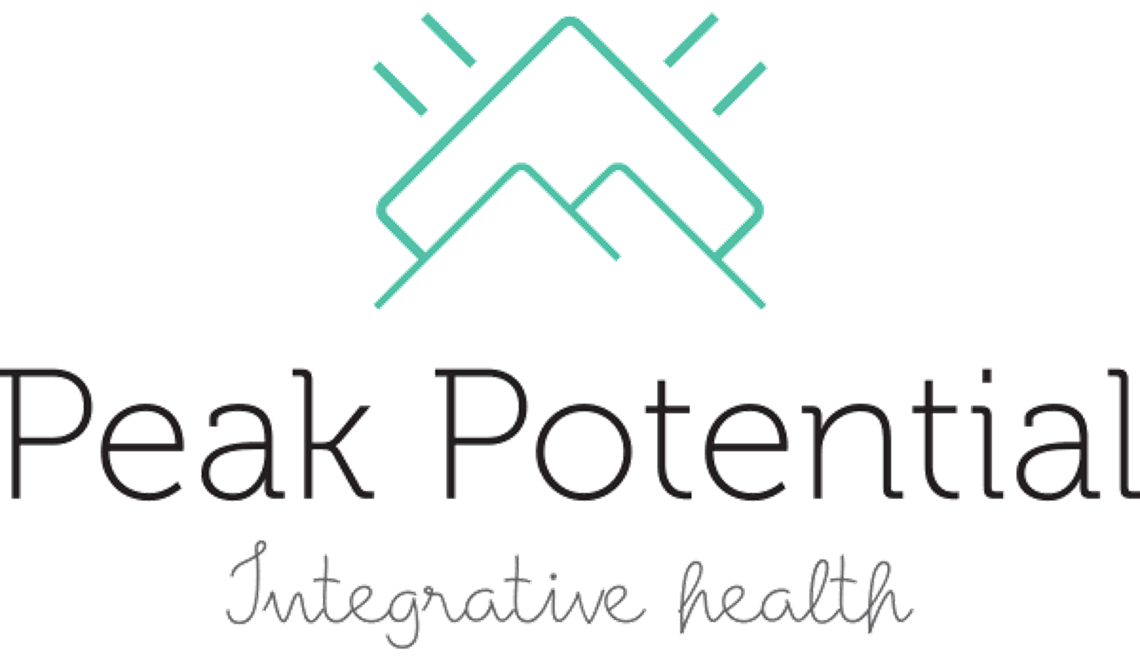As endurance athletes, we need our knees, ankles, and hips to hold up to the pounding that we subject them to. Anyone who has been sidelined with a joint injury can tell you how important these assets are. Fortunately, research has consistently shown that running is actually good for the cartilage of the knees, despite what your grandmother may tell you to the contrary. Even so, I like to provide additional support in the form of daily collagen or gelatin supplementation.
The use of these supplements is a proven way to bolster the health of the joint cartilage. A recent study of 139 athletes with knee pain showed a significant improvement after just 12 weeks of supplementation with collagen peptides. Numerous other studies have consistently shown improvement in not only joint pain and stiffness, but inflammation and mobility of the joints as well.
What is the difference between the collagen and gelatin? The short answer is: Not much! Collagen is derived from animal connective tissue and gelatin is collagen that has been partially broken down. Therefore, the amino acid chains in gelatin are shorter than those found in collagen. The main functional difference is that gelatin will have a gelling effect in liquids whereas collagen does not. Both collagen and gelatin are 100 percent protein, which is another benefit to the athlete.
What is not to love here? Well, as you may have guessed by now, collagen and gelatin are only available from animal sources. If you follow a vegetarian or vegan diet, this is not for you. Also, as with any nutritional supplement, you do need to be careful of your source. Look for supplements that are derived from grass-fed, organically grown sources. You will find capsules as well as powders. Either will work, just be aware of how you will prefer to take these. I personally use grass-fed, organic beef gelatin which I mix into my daily morning oatmeal before heating. It does change the texture, but I am used to it and like the idea of giving my breakfast a protein boost. You can also extract your own gelatin at home by cooking good quality soup bones. If you have ever seen your broth gel, then you have made a high protein stock with healing qualities.
To add more fuel to your fire, collagen and gelatin have also been shown to improve the health of the hair and nails. They feed the gut lining and are good for gastrointestinal health. Both gelatin and collagen can strengthen bone mineral density as well as increasing antioxidant activity in the body.
How much should we be taking? This is a highly individualized question. The body does produce its own collagen. I feel that endurance athletes benefit from the extra support, however, due to the short term catabolic (breaking down) effect of their activities. Most research studies have used doses of collagen between 1.5 and 15 grams per day safely. This can also be source specific due to differing amino acid makeups. However much you use, it is best to start low and gradually increase the dosage. As with anything, allergic reactions are possible as well as personal intolerances although this is not a high likelihood.
The bottom line is that collagen and gelatin are generally safe nutritional supplements that can have significant health benefits. If you have nagging joint pain or stiffness, you may want to consider them. Keep in mind that there are many other things that we can do to naturally bolster the body’s inherent strength and resiliency. Please reach out if you would like to discuss this further on a more personalized basis. Happy running!





